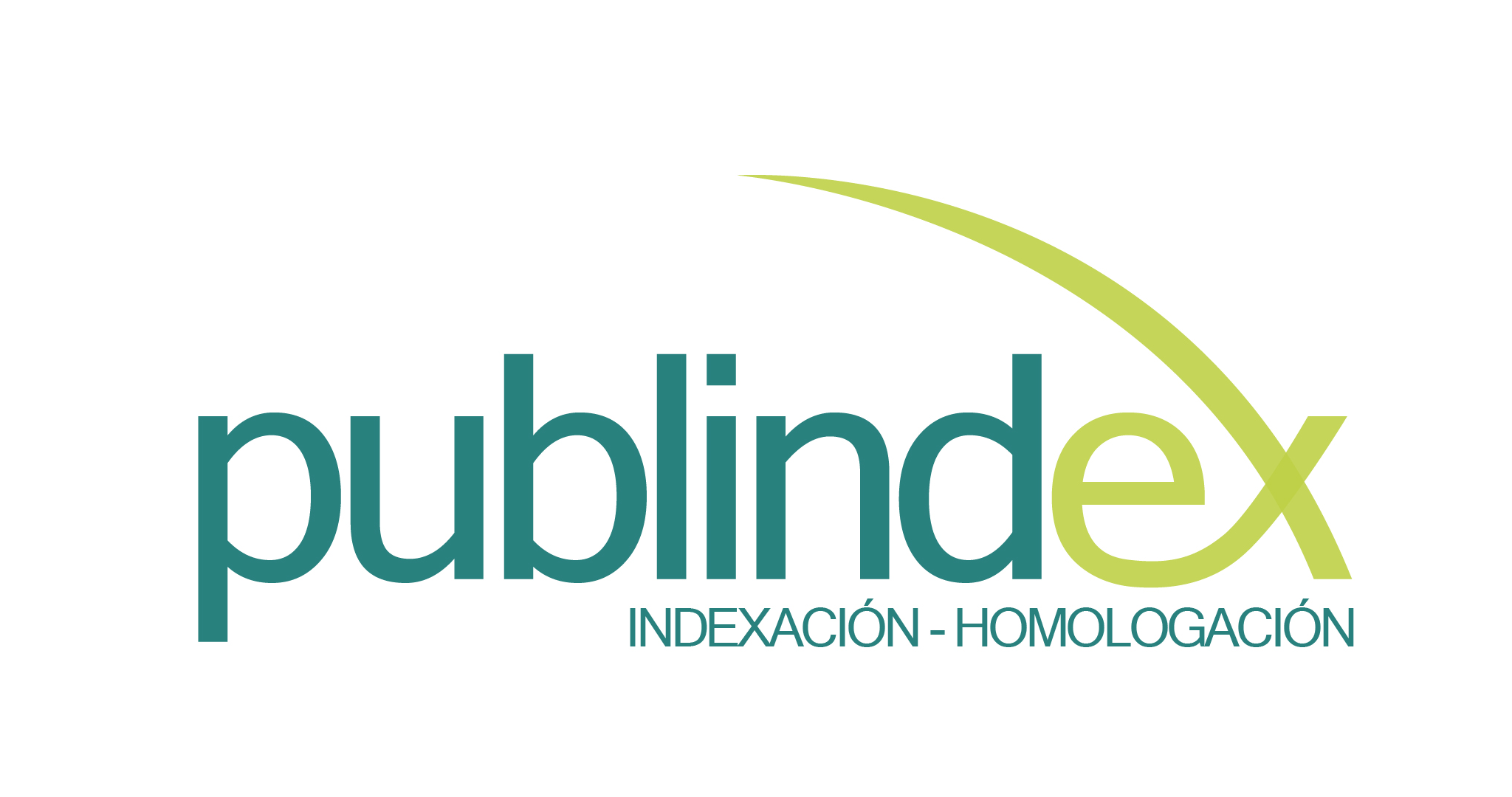Social and environmental responsibility, analysis for three microenterprises in Ipiales - Colombia
DOI:
https://doi.org/10.17981/econcuc.40.2.2019.04Keywords:
SWOT, Strategies, Indicators, Global Reporting Initiative, Corporate Social ResponsibilityAbstract
Today companies must strike a balance between their economic activity that must generate benefits and value creation for their partners and the overall objectives of society. To calculate this balance, there are international standards such as the Global Reporting Initiative (GRI), which helps organizations to account for their own contributions to sustainable development through the Corporate Social Responsibility (CSR) models that they apply. . This is how an analysis of the Corporate Social Responsibility program based on the international standard Global Reporting Initiative is presented. The research carried out is descriptive and analytical, previously a business diagnosis was generated through the SWOT method, then the current status of organizations in terms of business activities and practices developed following the GRI standard was analyzed. The results allowed generating a proposal for the development of CSR of the companies studied, consisting of strategies and management indicators, for each business area, actions were established for compliance with the GRI standard. It is concluded that this proposal will allow companies to make a report of environmental and social information under the GRI standard.
Downloads
References
Bour, E. (2012.). Responsabilidad Social de la Empresa Análisis del Concepto. Estudios Económicos, 29(59), 1–30.
Chumaceiro, A., Hernández, J. y Chiri¬nos, E. (2016). Responsabilidad social universitaria, desarrollo sostenible y ciudadanía ambiental. Cuadernos de RSO, 4(1), 53–64
Del Castillo, C., Cancino, A., Martínez, F. & Corona, C. (2013). Reporte No Financiero de la Gestión Empresarial: Casos del Global Reporting Initiative en Chile. Interciencia, 38(4), 260–266. Recuperado de https://www.interciencia.net/wp-content/uploads/2017/12/260-CANCINO-7.pdf
Fernández, M. F. y Larrinaga, C. (2007). Memorias de sostenibilidad: responsabilidad y transparencia. Contaduría Universidad de Antioquia, 51, 89–104. Recuperado de http://aprendeenlinea.udea.edu.co/revistas/index.php/cont/article/view/2149
Gómez, M. y Quintanilla, D. (2012). Los informes de responsabilidad social empresarial. Cuadernos de Contabilidad, 13(32), 121–158. Recupe¬rado de https://revistas.javeriana.edu.co/index.php/cuacont/article/view/3894
González, R., Galeano D. H. y Tre¬jos, L. (2015). Estados Unidos en la política exterior colombiana: ¿aliado incondicional? Económicas CUC, 36(1), 43–56. Recuperado a partir de https://revistascientificas.cuc.edu.co/economi¬cascuc/article/view/672
GRI, Global Reporting Initiative (2018) Sustainability Reporting Guidelines. Recuperdo de: www.globalreporting.org
Haro, A., Alarcón, F. y Caba, M. (2012). Los determinantes de la divulgación de información sobre responsabilidad social corporativa en el sector financiero: el caso español. Revista Facultad de Ciencias Económicas: Investigación y Reflexión, 20(1), 189–205. http://dx.doi.org/10.18359/rfce.2192
Pérez, C. Haro, A., Saraite, L. y Gálvez, M. (2016). La industria farmacéutica ante la demanda de responsabilidad social corporativa. Perspectiva Empresarial, 3(1), 55–75. http://dx.doi.org/10.16967%2Frpe.v3n1a1
Ponce, H. (2007). La Matriz FODA: Alternativa de diagnóstico y determinación de estrategias de intervención en diversas Organizaciones. México, D.F.: Escuela Superior de Comercio y Administración, Unidad Santo Tomas.
Rebelo, J. & Marques, M. (orgs.)(2016). Desafíos para a gestão de Recursos humanos no séc. XXI: Tendências, estrategias e Práticas. VI conferência de Investigação e intervenção em Recursos humanos. Fevereiro 18 – Abril 19, Instituto Politécnico de Setúbal. Setúbal, Portugal.
Reyes, I., Hernández, J., Chumaceiro, A. y Ca¬drazco, C. (2016). Epilepsia un abordaje social: experiencia de sensibilización y concientización ciudadana. Orbis, 35(12), 58–76. Consultado de http://ojs.revistaor-bis.org.ve/index.php/orbis/article/view/33
Rodríguez, L. y Ríos, L. (2016). Evaluación de sostenibilidad con metodología GRI. Dimensión Empresarial, 14(2), 73–89. https://doi.org/10.15665/rde.v14i2.659
Silva, D. (2009). Teoría de Indicadores de Gestión y su Aplicación Práctica. [Online]. Bogotá, D.C.: Universidad Militar Nueva Granada. Recuperado de https://www.umng.edu.co/documents/10162/1299317/ART_29.pdf
Silva, F. & João, R. (2012). Una propuesta de indicadores y un informe de sustentabilidad basada en el Global Reporting Initiative para empresas hoteleras. Estudios y Perspectivas en Turismo, 21(1), 68–87.
Sisiruca, M. y Salazar, C. (2014). Valores éticos de la responsabilidad social interna e Vélez n centros de producción audiovisual. Económicas CUC, 35(1), 79–90.
Vélez, A. (2011). Un Recorrido Hacia La Responsabilidad Social Corporativa. Revista Ciencias Estratégicas, 19(25), 55–74.
Vives, A. y Peinado-Vara, E. (eds.) (2011). La Responsabilidad Social de la Empresa en América Latina. Washington, D.C.: Fondo Multilateral de Inversiones (Banco Interamericano de Desarrollo). Recupe¬rado de https://www.pwc.com/cl/es/publi¬caciones/assets/la-responsabilidad-social-de-la-empresa-en-america-latina.pdf
Yepes, G. et al. (2015). Estado de la RSE en Colombia - Percepción, Práctica e Impacto en el Negocio. Avances de Entorno de Negocios No. 20. Bogotá, D.C.: Universidad Externado de Colombia. Disponible en http://administracion.uex¬ternado.edu.co/PRME/memorias/Entor-no%20de%20los%20Negocios%20N%2020.pdf

Published
How to Cite
Issue
Section
License
Copyright (c) 2019 Alba Patricia Guerrero Guerrero

This work is licensed under a Creative Commons Attribution-NonCommercial-NoDerivatives 4.0 International License.
You are free to:
- Share — copy and redistribute the material in any medium or format
- The licensor cannot revoke these freedoms as long as you follow the license terms.
Under the following terms:
- Attribution — You must give appropriate credit , provide a link to the license, and indicate if changes were made . You may do so in any reasonable manner, but not in any way that suggests the licensor endorses you or your use.
- NonCommercial — You may not use the material for commercial purposes .
- NoDerivatives — If you remix, transform, or build upon the material, you may not distribute the modified material.
- No additional restrictions — You may not apply legal terms or technological measures that legally restrict others from doing anything the license permits.

 English
English
 Español (España)
Español (España)














